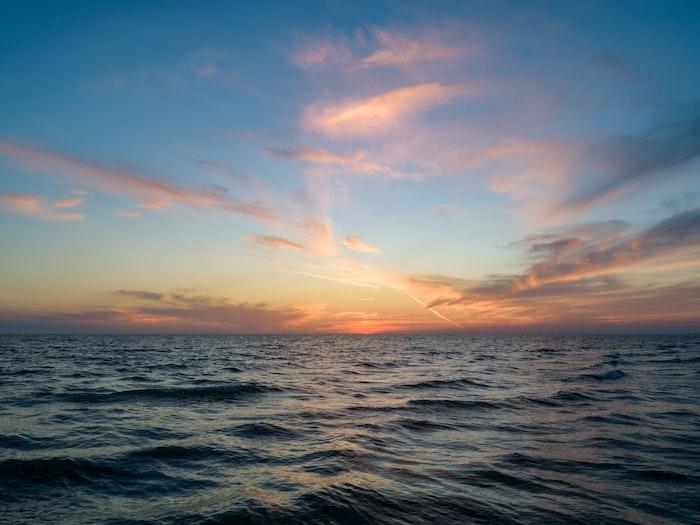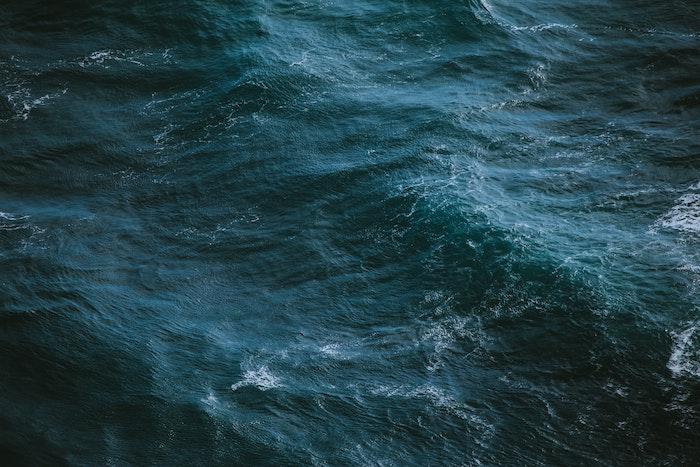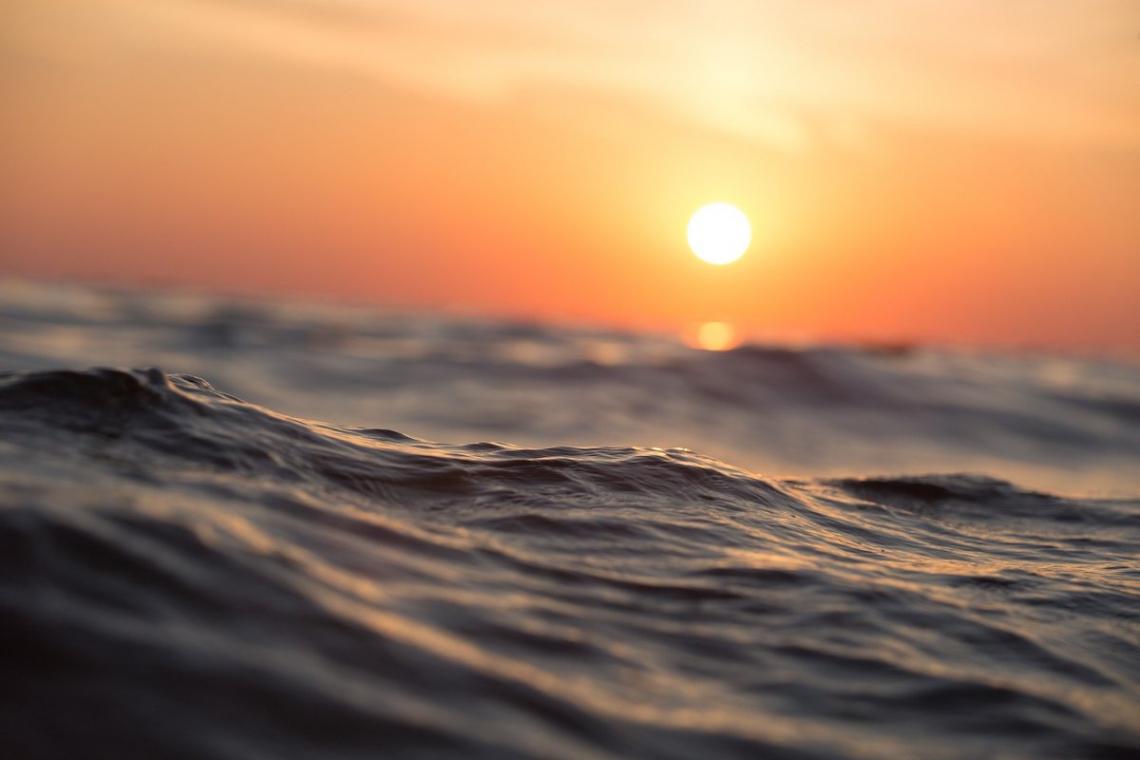High seas or Areas beyond National Jurisdiction (ABNJ) fall outside jurisdiction of any state and are a critical component of our oceans. Human activities in the high seas are difficult to govern and regulate. Africa needs to ensure better governance of marine resources in the high seas.
Nature is under siege, biodiversity is disappearing at an alarming rate, our oceans are awash with plastics, and climate change threatens our existence, as we know it. The effects of our interaction with nature are being felt on land and in our oceans, including in the high seas.
Key Considerations
- High seas or Areas beyond National Jurisdiction (ABNJ) fall outside jurisdiction of any state
- They make up about 45% of the Earth’s surface
- High seas hold more than 90% of global fish stocks
- An effective and fully implemented legally binding instrument for the conservation and sustainable use of BBNJ is imperative for all countries, including the African States
High seas or Areas beyond National Jurisdiction (ABNJ) fall outside jurisdiction of any state and are a critical component of our oceans, accounting for more than 64% of the world’s ocean. It makes up about 45% of the Earth’s surface and is home to a diverse array of biodiversity. Furthermore, 90% of world trade crosses through these areas, which also hold more than 90% of global fish stocks, and play a key role in climate regulation. Despite this ecological importance, the high seas are increasingly under threat by human activities including mining, exploitation of marine genetic resources, overfishing and other unsustainable fishing practices and pollution. A further underlying issue is a fragmented ocean governance framework, which is insufficient to address the prevailing challenges facing the ocean.

High Seas account for more than 64% of the world oceans, photo by Josh Sorenson on Unsplash
Human activities in the high seas are difficult to govern and regulate. The United Nations Convention on the Law of the Sea (UNCLOS), entered into force in 1994, and ratified by most countries governs the rights and duties of states in the maritime zone. Several other conventions and organizations regulate activities in the high seas. These bodies span key sectors including environmental protection, fisheries and shipping. However, poor coordination among them and significant geographical gaps in their coverage, as they cover defined geographic scopes underline the complexity of high seas governance.
Following over a decade of discussions at the United Nations (UN), the UN passed Resolution 69/292 in 2015, to begin negotiations on the development of a legally binding instrument under UNCLOS on the conservation and sustainable use of marine biological diversity of areas beyond national jurisdiction (BBNJ). In September 2018, the UN formally launched the negotiations and focused on four key elements namely Environmental Impact Assessments, Marine Genetic Resources, including issues on the sharing of benefits, Capacity building and technology transfer in addition to Area-Based Management Tools, including Marine Protected Areas

UN Negotiations on BBBJ formally began in 2018, photo by Ivana Cajina on Unsplash
An effective and fully implemented legally binding instrument for the conservation and sustainable use of BBNJ is imperative for all countries, including the African States. This will enable countries to have a say in decisions on the protection and use of resources in the high seas. Key to achieving this, are collaborations that support regional processes for the protection and development of marine and coastal environments, including the Nairobi Convention and the Abidjan Convention.
In the South-East Atlantic region a unique initiative, the STRONG High Seas project with the Abidjan Convention as a partner, is facilitating the development of a regional, cross-sectoral approach for the conservation and sustainable use of BBNJ. The project’s approach focuses on supporting deliberations to advance local ocean governance supported by scientific assessments on various aspects including the existing legal framework, baseline ecology focusing on the state of biodiversity in the high seas, and methods for Monitoring, Control and Surveillance (MCS). The approach includes engagement with and building capacity of stakeholders at national and regional levels. As states are the building blocks for an inclusive ocean governance framework, these engagements are instrumental in contributing to a global ocean governance framework.
As negotiations for a global governance framework continue, Africa with its 54 states is in a strong position to influence the negotiations for a treaty which will ensure better governance of marine resources in the high seas, as well as benefit the global blue economy.
Shop for a cause
Shop on amazon.com | amazon.co.uk


